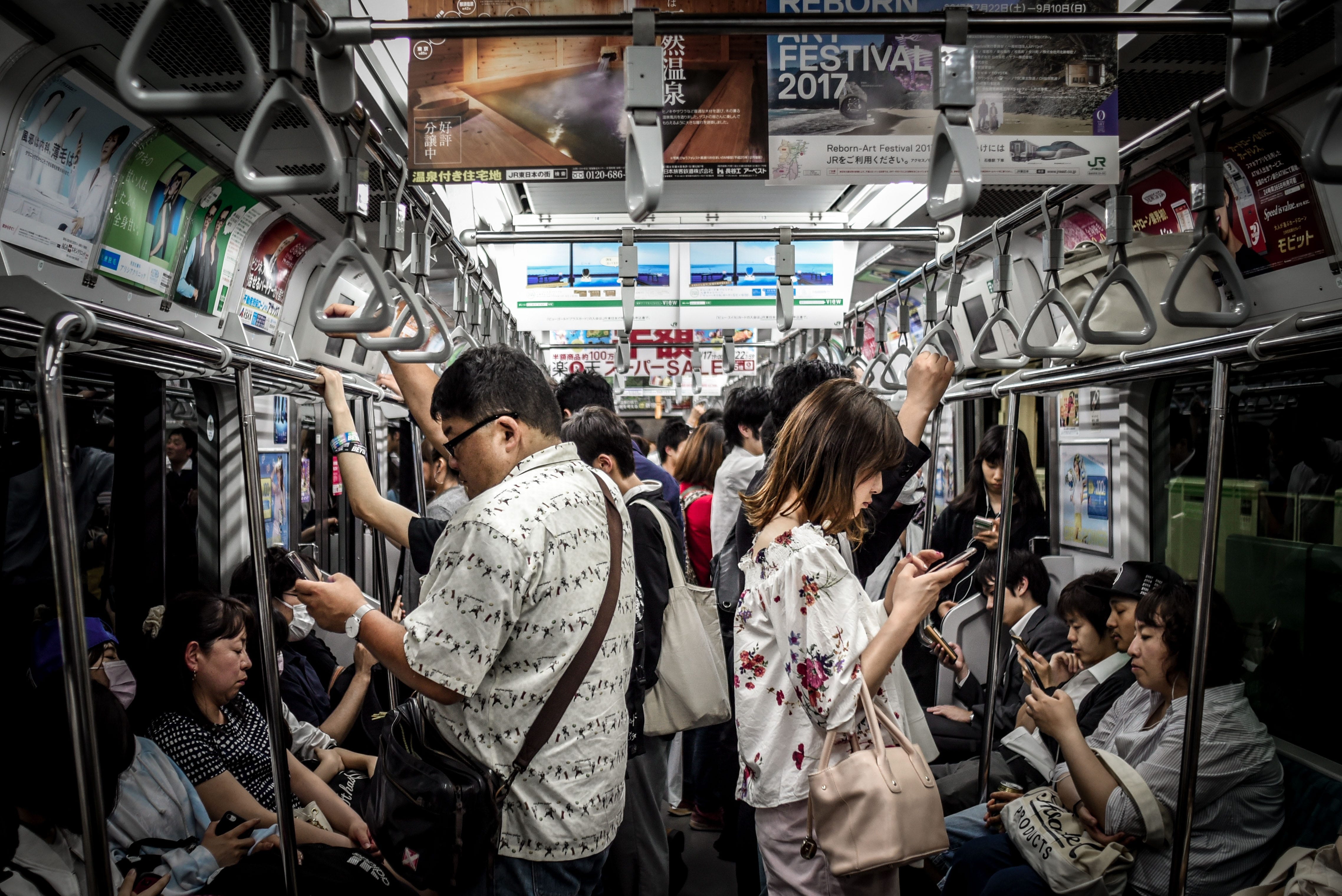This week's best things
A couple of interesting reports on digital engagement, a look at the impact of the internet on our attention spans and happiness, and a touching article on Japan's dementia cafes
Here are some good, thoughtful and/or interesting things I’ve seen this week.

Beyond the ‘Matrix’ Theory of the Mind
This op-ed from Ezra Klein in the New York Times (from May 2023) is a slightly depressing read but speaks to something I have become increasingly interested in. Namely how the internet, or rather the way that lots of digital experiences and tools have been designed, totally destroys our ability to focus and concentrate.
“By connecting humanity to itself and to nearly its entire storehouse of information, the internet could have made us smarter and more capable as a collective.
I don’t think that promise proved false, exactly. Even in working on this article, it was true for me: The speed with which I could find information, sort through research, contact experts — it’s marvelous. Even so, I doubt I wrote this faster than I would have in 1970. Much of my mind was preoccupied by the constant effort needed just to hold a train of thought in a digital environment designed to distract, agitate and entertain me. And I am not alone.
[…] By 2012, Mark and her colleagues found the average time on a single task was 75 seconds. Now it’s down to about 47.”
How publishers can grow with today’s youth - navigating engagement for monetization
This report from Danuta Breguła and Liesbeth Nizet is focused on news media but I think it’s useful for the cultural sector to be aware of how young audiences’ media and consumption habits are developing.
These habits will inevitably impact how this audience engages with culture.
After all your audience is never just your audience.
The report highlights some trends that won’t be news to most of you, around shortening attention patterns, the primacy of video, and the use of social platforms for discovery.
But there are also some interesting and important observations about values, trust, bullshit detection, surreal humour, buying habits, and monetisation.
An interview with Arthur C. Clarke on ABC about the future of computers, 1974
I always like stumbling across these archive interviews with people who understood the impact that computers and the internet would have on society.
This interview with Arthur C Clarke also reminded me of this piece about David Bowie’s embrace of the internet.
Creating Value: Results of the National Arts Participation Survey
This is a (very) long (208-page) report from Creative Australia sharing the results of their National Arts Participation Survey.
If you want to skip to the section focused on digital engagement, it is 20-pages long and starts at page 180.
The tl;dr is that a significant minority (20% of respondants) of Australians continue to really value digital cultural experiences (although a larger number, 39%, say those offerings now aren’t of interest), and a huge and increasing number of people use digital tools and platforms to discover, create and share culture.
At Japan’s dementia cafes, forgotten orders are all part of the service
This piece from Michelle Ye Hee Lee and Julia Mio Inuma in the Washington Post is a touching description of one approach to dementia care that they are taking in Japan.
If you’ve seen something interesting, stick it in the comments! The algorithms are invading our lives, but the best stuff is still discovered and shared through word of mouth.